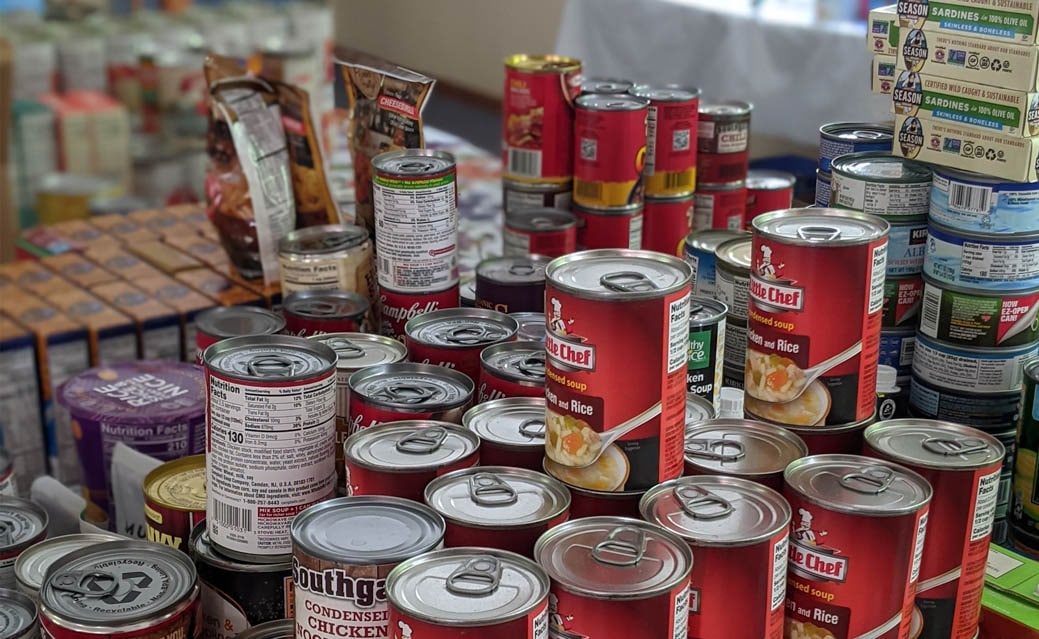U of T contributes to the launch of Canada’s first Black Food Sovereignty Program
With hundreds of children at risk of being food insecure, U of T collaborates with the City of Toronto to deliver a sufficient and effective food plan.
Late last year, Toronto’s city council passed Canada’s first-ever Black Food Sovereignty Plan with an objective to develop food security for the local community. The campaign was aided by researchers at University of Toronto’s Dalla Lana School of Public Health in partnership with the City of Toronto’s Confronting Anti-Black Racism Unit and the Afri-Can FoodBasket based in North York.
The Black Food Sovereignty Plan addresses the problem of food insecurity experienced by Black Torontonians while taking immediate action.
The plan reveals shocking data regarding Black communities and their inability to access reliable green spaces, gardens, and farmland. According to the council’s findings, 28.4 per cent of Black Torontonians are food insecure, 36.6 per cent of Black children live in food-insecure households, and 63 per cent of Black food organizations anticipate their funding to run out in six months or less.
With the help of multiple organizations, this plan is set to completely redefine and elevate the bleak trajectory of Black communities in Toronto.
Considering this plan, it is important for individuals to understand the meaning of food sovereignty. Unlike food security, food sovereignty is concerned with controlling the entire process of food production from field to plate, rather than only ensuring access to food.
For this reason, it is critical that Black communities gain greater access and green spaces to urban farming—especially for Black food hubs, cultural markets, and community nutrition programs.
Winston Husbands is an associate professor at U of T’s Dalla Lana School of Public Health who contributed to the formation of the plan. In an interview with U of T News, Husbands emphasizes that Toronto’s standard plan to address these issues is insufficient and further action is required.
The council’s plan demonstrates why there is a huge need for Black communities to have access to sustainable and healthy foods.
Several reports reveal that high food insecurity is linked to multiple medical issues such as diabetes, asthma, heart disease, and depression. This information pushed the City of Toronto to recognize the urgent need for healthy, affordable, and culturally-appropriate foods. The Black Food Sovereignty Plan was a response by the council to address these needs and issues of anti-Black racism as a public health crisis.
Proper and consistent nutrition is one of the Black Food Sovereignty Plan’s main goals. In order to maintain health and safety, it is vital for the Black community to have equal access to the food economy.
With hundreds of Black children residing in food-insecure households, Toronto’s council and U of T calls for healthier food infrastructure to be accessible to Black communities. It is critical that Black children thrive at the same rates as their peers regardless of their background.


“In order to maintain health and safety, it is vital for the Black community to have equal access to the food economy.”
EVERYBODY needs food, whether you’re Black or not!
Also, why do Black communities experience higher rates of poverty? Could it be the epidemic of Black children being raised in fatherless households? Why isn’t this issue being discussed?